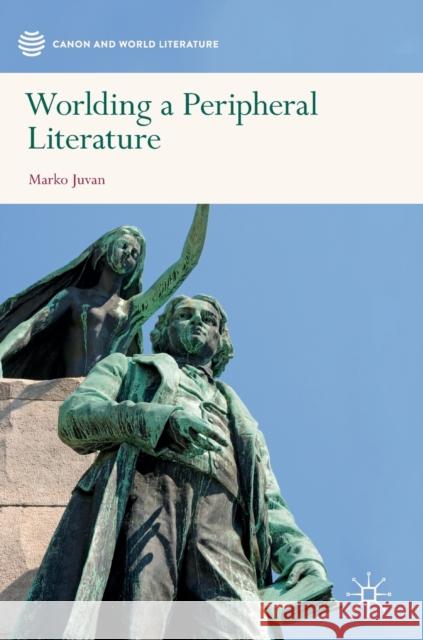Worlding a Peripheral Literature » książka
topmenu
Worlding a Peripheral Literature
ISBN-13: 9789813294042 / Angielski / Twarda / 2019 / 291 str.
Worlding a Peripheral Literature
ISBN-13: 9789813294042 / Angielski / Twarda / 2019 / 291 str.
cena 322,01
(netto: 306,68 VAT: 5%)
Najniższa cena z 30 dni: 308,41
(netto: 306,68 VAT: 5%)
Najniższa cena z 30 dni: 308,41
Termin realizacji zamówienia:
ok. 16-18 dni roboczych.
ok. 16-18 dni roboczych.
Darmowa dostawa!
Kategorie:
Kategorie BISAC:
Wydawca:
Palgrave MacMillan
Seria wydawnicza:
Język:
Angielski
ISBN-13:
9789813294042
Rok wydania:
2019
Wydanie:
2019
Numer serii:
000822329
Ilość stron:
291
Waga:
0.50 kg
Wymiary:
21.01 x 14.81 x 1.75
Oprawa:
Twarda
Wolumenów:
01
Dodatkowe informacje:
Wydanie ilustrowane











